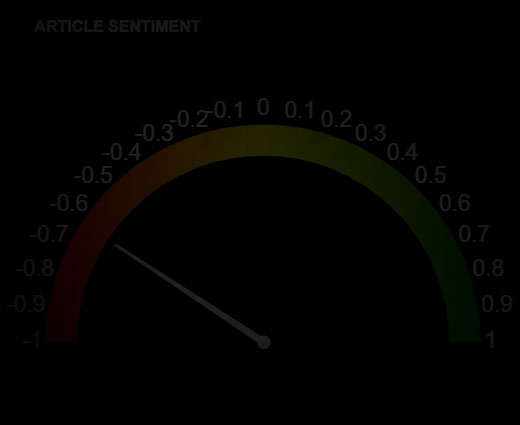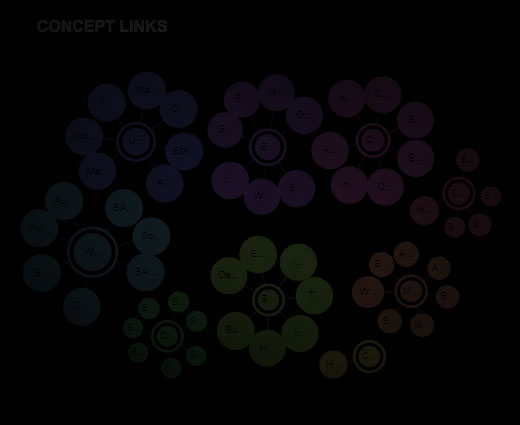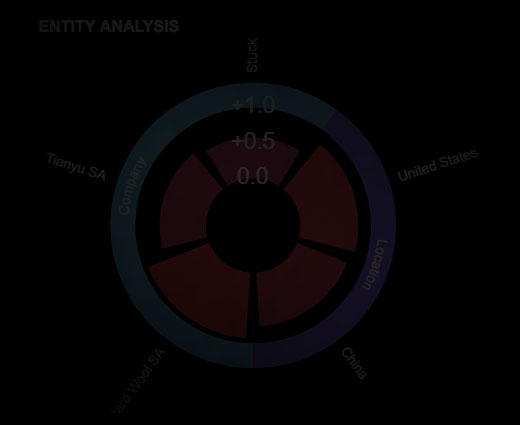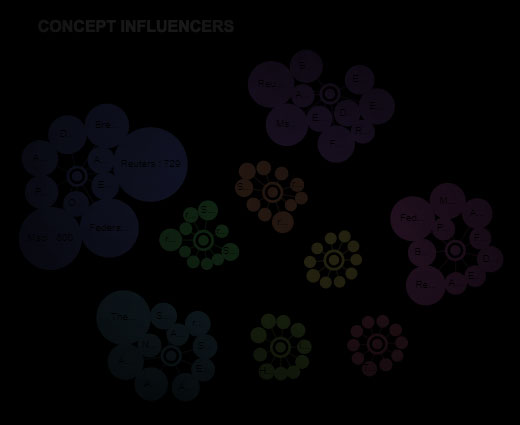Digital textile printing in the Polish textile market remains small. However, through increasing knowledge and the emergence of small companies such as digital textile printing house KUKA, the market is on the rise.
Madelaine Cornforth spoke to Maria Sulewska, from KUKA, at Fast Textile in Warsaw about how digital printing inspired the beginning of the company.
Run by Maria Sulewska and Agnieszka Wróblewska, the company was founded two and a half years ago, because of the digital printing boom.
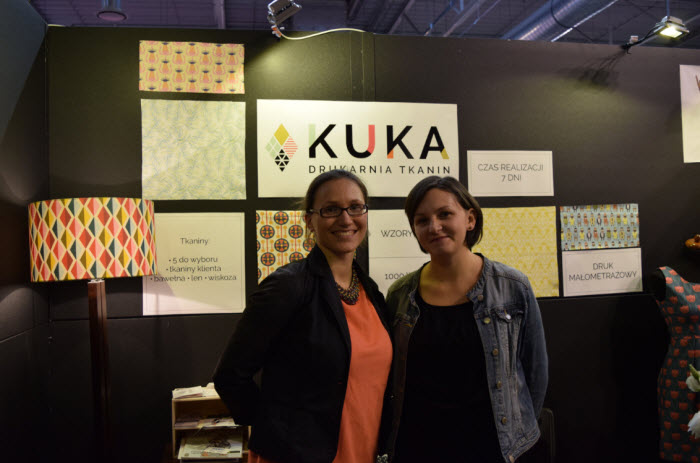 Maria Sulewska and Agnieszka Wróblewska of KUKA
Maria Sulewska and Agnieszka Wróblewska of KUKA
Speaking from the fair, Sulewska said: “This is our first international fair and, although we have done smaller, local fairs, this is also the first fabric-dedicated show we have been to, so this is big for us.
“Two years ago, we attended Fast Textile as visitors, and it was very different here then. Design has got a lot better over the past two years and when we last came there was no digital textile print houses. For the first time, we are seeing people design fabrics just for digital, such as our customer Polka Dot Art Collectives, [who also exhibited at the event].
“There has been a lot of change in two years, for the better. It is very exciting. Designing textiles in Poland has really improved. Everyone wants to improve quality and design.”
Despite this shift in the digital textile printing market, digital printing is still very new in Poland, said Sulewska. She added that “people in the Polish market have this misconception about digital printing that you need to print 1,000m for example, to be able to print. But this just isn’t the case.
“People are not used to being able to print such small runs – they are shocked when they find out about it. They no longer need to rely on distributors of fabrics; they can get things done on their own.”
A company that only uses digital printing, Sulewska observed that it is the ability to personalise textiles that has allowed the industry to grow in Poland and is what inspired Sulewska and Wróblewska to start KUKA.
“Everything started from the ability do digital print and the advantages that it offers. We couldn’t find any nice fabrics so we wanted to create something special but we knew that everybody has their own idea of what they like and what they consider special. So being able to create small, personalised runs that are special to that customer, with small price tags, gave us a strong business model. Without digital printing, our business would not exist.”
“Personalisation is so important. People don’t have the money to print 1000m of their own fabric for example. Digital printing makes personalisation affordable for people and this is a huge advantage.”
The company started around five years ago. Sulewska said: “It was hard to find good designs in the market as it was all the same – there was no options, either blue with teddy bears for boys or pink with hearts for girls, for example. Now people are beginning to realise they can do things on their own – like design their own fabrics and get them printed – at much lower costs, because of digital printing.”
The company uses customised Mimaki machines with Mimaki water-based pigment inks.
“Personalisation has helped to grow the digital print market, particularly in Poland. Personalisation is everywhere – home textiles and apparel etc, it opens the market.
“We co-operate with small companies to help them create personalised textiles. For example, we work with one company that designs personalised baby blankets with the newborn baby’s name and date of birth on.”
KUKA has a lot of customers in its domestic market but also works widely within the international marketplace. Sulewska continued: “We co-operate with many foreign designers and now sell across the EU, Asia, the Ukraine and Russia. Our biggest international markets are France, the UK, Germany, Spain and Portugal.
“Great Britain and Germany are particularly important markets for us, as we’ve discovered that these areas are especially interested in personalisation,” she said.
“The Polish digital textile printing market is small, but growing. We now need education for the market to grow in Poland. The UK and Germany already have a lot of knowledge on the digital print market and its technologies, but with Polish customers you have to spend a lot of time explaining the technology and its benefits. In a couple of years, the market in Poland will be much bigger.”
To help the market to grow Sulewska noted that the technology could improve in the following ways: “In terms of colour, it is still hard to find every colour you need, printed exactly how it should be. The pigment inks aren’t as good as reactive and sublimation but they are getting a lot better.
“Also, importantly, washing can be an issue. Currently, pigment inks aren’t suitable enough to be washed in the laundry, but this is slowly improving. There are a lot of new inks and solutions out there, so hopefully this issue will be gone within a couple of years.”
Have your say. Tweet and follow @MCornforth_WTiN and @WTiNcomment
RELATED ARTICLES
-
Uniting the industry to achieve green change
- Joseph Link
- WTiN
-
Caldera’s new streamlined RIP portfolio
- Caldera
- WTiN



